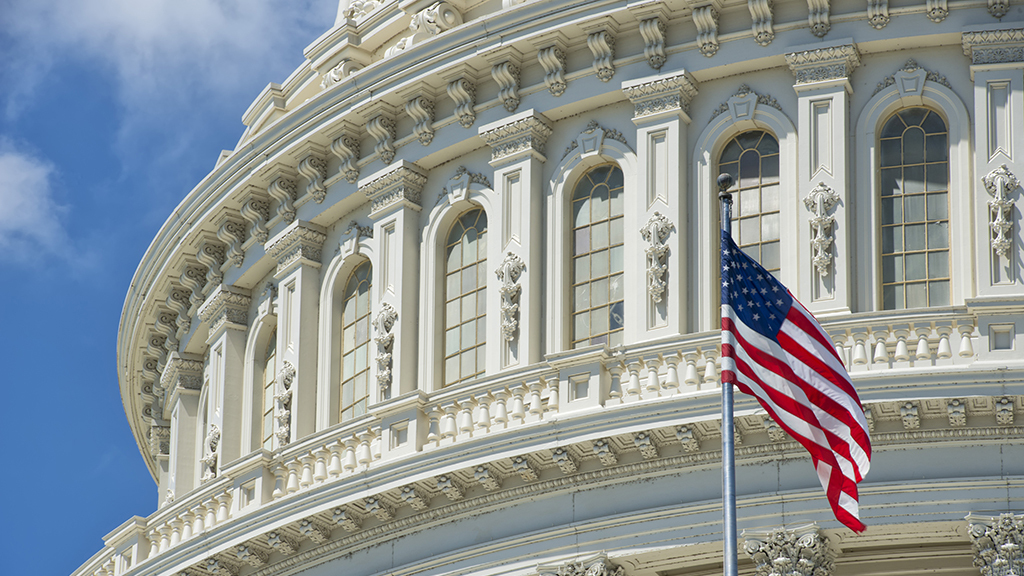Legislative Update
Administration Releases FY22 Budget Outline, Proposes Huge Increase for Title I
By Jodi Peterson
Posted on 2021-04-15

Disclaimer: The views expressed in this blog post are those of the author(s) and do not necessarily reflect the official position of the National Science Teaching Association (NSTA).
In early April, President Biden released an outline of the Administration’s proposal for the FY22 budget. It includes a huge 41% increase for education spending, including a $20 billion increase for Title I funding that would bring total funding to $36.5 billion; a $2.6 billion increase for IDEA ($15.5 billion total); and $1 billion for school counselors and nurses. The proposal also includes $443 million for community schools to provide wraparound services to students and their families like after school care and health and nutrition services. More details and the actual budget will be released in May.
$100 Billion for Education in American Jobs Plan
President Biden also introduced The American Jobs Plan last month. In a press release, the White House says “The American Jobs Plan is an investment in America that will create millions of good jobs, rebuild our country’s infrastructure, and position the United States to out-compete China. Public domestic investment as a share of the economy has fallen by more than 40 percent since the 1960s. The American Jobs Plan will invest in America in a way we have not invested since we built the interstate highways and won the Space Race.”
The plan calls for an investment of $100 billion to upgrade and build new public schools, improve indoor air quality and ventilation, and invest in “cutting-edge, energy-efficient and electrified, resilient, and innovative school buildings with technology and labs that will help our educators prepare students to be productive workers and valued students.”
In the American Jobs Plan, President Biden is also calling on Congress to invest $50 billion in the National Science Foundation (NSF), to create a technology directorate that will collaborate with and build on existing programs across the government and focus on fields like semiconductors and advanced computing, advanced communications technology, advanced energy technologies, and biotechnology.
A proposed $48 billion investment in American workforce development includes the creation of career pathway programs in middle and high schools, with increased access to computer science and high-quality career and technical programs that connect underrepresented students to STEM.
Department of Education School Resources Address COVID
The U.S. Department of Education has published a second COVID-19 handbook for schools. Volume 2 provides strategies for schools and educators to help address students' social and emotional well-being; the earlier Volume 1 highlights healthy and safety steps to mitigate the coronavirus in schools.
Legislation to Watch
The Climate Change Education Act was recently introduced in the Senate. The bill would create a grant program at the National Oceanic and Atmospheric Administration (NOAA) to assist state and local education agencies improve climate literacy. More information here.
Jodi Peterson is the Assistant Executive Director of Communications, Legislative & Public Affairs for the National Science Teaching Association (NSTA) and Chair of the STEM Education Coalition. Reach her via e-mail at jpeterson@nsta.org or via Twitter at @stemedadvocate.
The mission of NSTA is to promote excellence and innovation in science teaching and learning for all.


